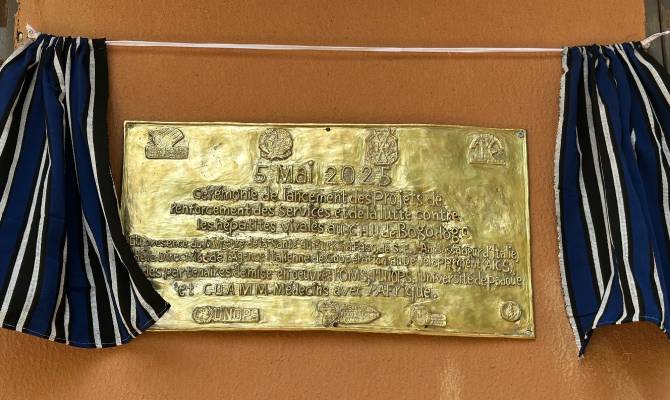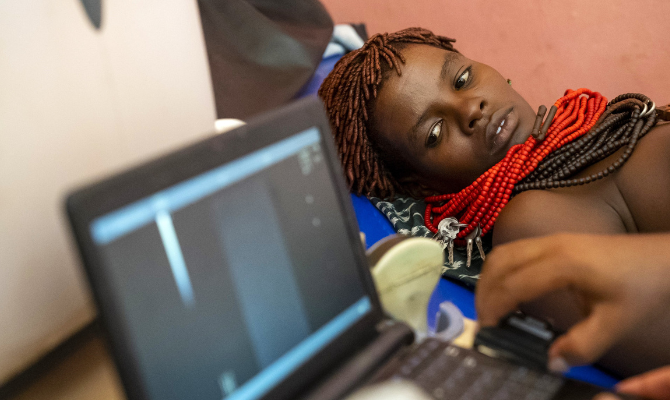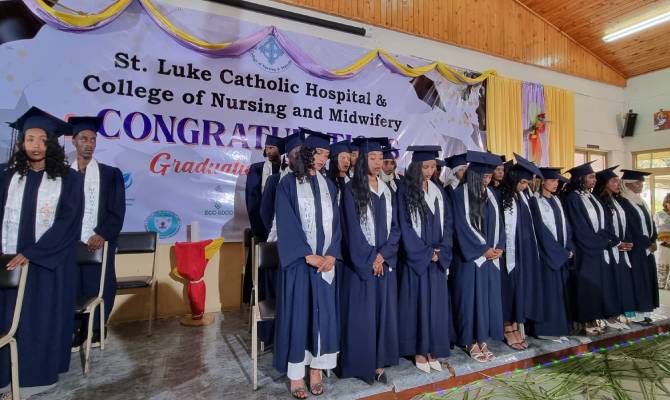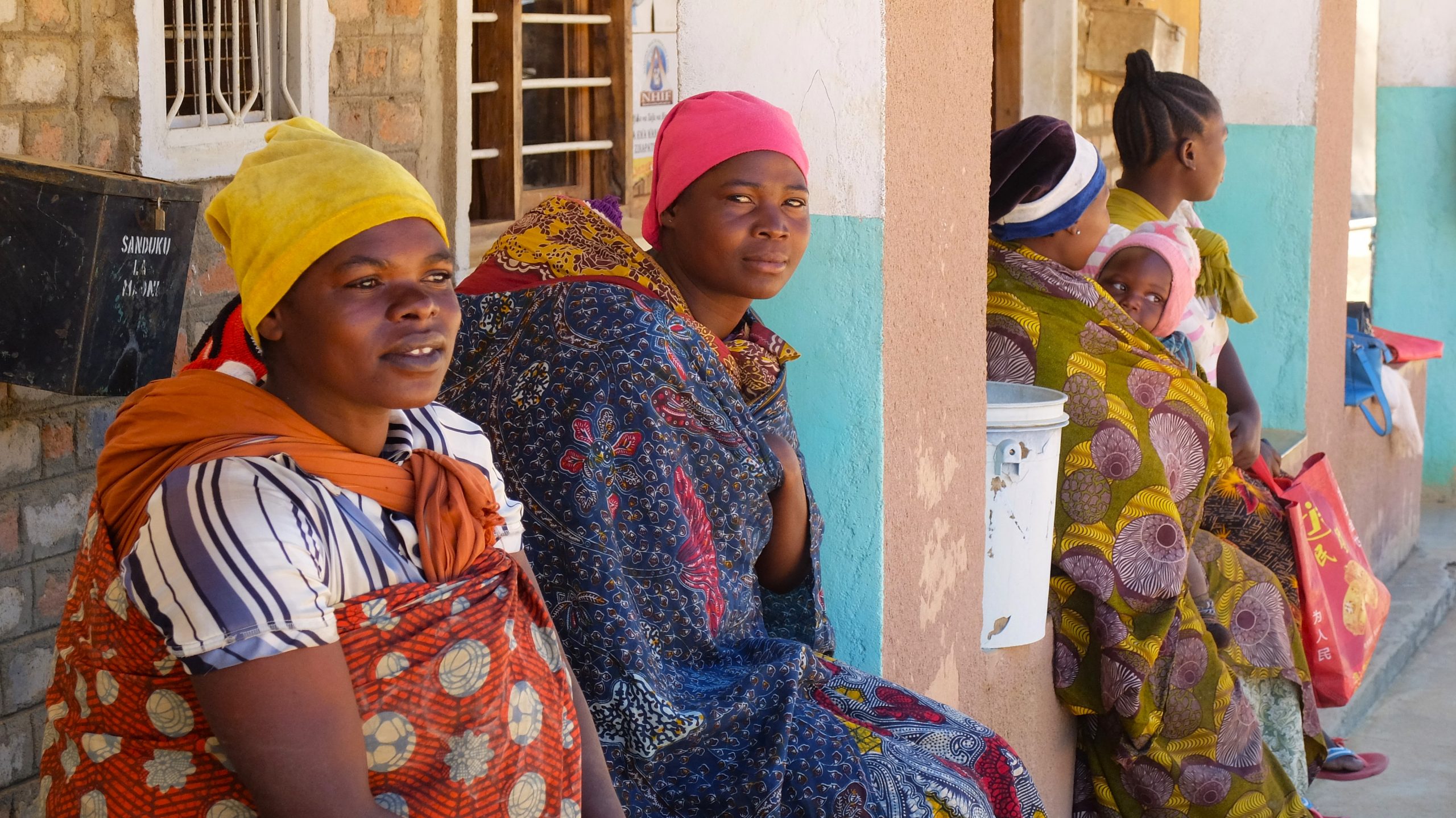A new commitment in a country we have known and worked in in the past. A three-year project was launched yesterday in Ouagadougou, Burkina Faso, at the Bogodogo University Hospital Center focused on the prevention and treatment of hepatitis B and C. This initiative led by the University of Padua (UNIPD) and implemented in partnership with CUAMM and the Italian National Institute of Health (ISS) fully aligns with the objectives of Universal Health Coverage promoted by the World Health Organization (WHO).
Present at the launch event were the Italian ambassador Gabriele di Muzio, Burkina Faso’s Minister of Health Dr. Robert Kargougou, our director Don Dante Carraro, Dr. Giovanni Putoto – Head of Planning and Operational Research), Claudia Mocci – Project Manager, and Professor Francesco Paolo Russo from the Department of Surgical, Oncological, and Gastroenterological Sciences at the University of Padua.
“This is a sort of a return for us,” said Giovanni Putoto, Head of Planning and Operational Research. “CUAMM worked in Burkina Faso for about ten years, between the 1980s and 1990s. Today, as the country faces a period of great internal instability, we return with a specific intervention. The hepatitis project, which we embraced in collaboration with the University of Padua and the Istituto Superiore di Sanità, once again brings us close to the most vulnerable—especially mothers and children, who have always been at the center of our work.”
In Burkina Faso, viral hepatitis is one of the leading causes of illness and death, with hepatitis B (HBV) affecting an estimated 10% of the general population. The risk is significantly higher among vulnerable groups, who have always been the focus of our work. Pregnant women are particularly at risk: due to the high likelihood of vertical (mother-to-child) transmission, the consequences can also be serious for newborns.
In low-resource settings, poor diagnosis services and barriers in accessing treatment hinder the control of such diseases putting at risk the life of many. If not detected in time and without appropriate clinical care, the consequences can be fatal.
The initiative is a multidisciplinary one: the research component will be led by the University of Padua’s Department of Surgical, Oncological, and Gastroenterological Sciences (DiSCOG), directed by Professor Umberto Cillo, with the specialized contributions of hepatologists and gastroenterologists Professor Patrizia Burra and Professor Francesco Paolo Russo. The Italian National Institute of Health will play a key role in epidemiological surveillance, the provision of tools, data sharing, and the implementation of an electronic health records management system while Doctors with Africa CUAMM will oversee the managerial and technical aspects of the project.

The intervention will be centered at the Bogodogo University Hospital Center in Ouagadougou and aims to diagnose and treat around 3,000 pregnant women and children affected by viral hepatitis B and C. The project also includes the specialized training of local healthcare personnel, strengthening their skills to ensure a sustainable healthcare response.
“This project is part of the University of Padua’s long-standing tradition in health cooperation and training, reaffirming the university’s commitment to promoting global health improvement,” stated Professor Francesco Paolo Russo from UNIPD.
The planned activities follow an integrated approach and include:
- Training of local healthcare staff, both in-person and remotely
- Development of scientific research activities
- Clinical management of complex cases
- Provision of diagnostic equipment, tests, medicines, and IT systems for managing medical records
- Contribution to revising protocols for the management of patients with viral hepatitis B and C
- Introduction of software for the management of chronic patients
The project is being implemented in partnership with the Istituto Superiore di Sanità (ISS) and in close collaboration with the local Ministry of Health and the World Health Organization (WHO). The initiative is funded by the Ministry of Foreign Affairs through the Italian Agency for Development Cooperation (AICS).





